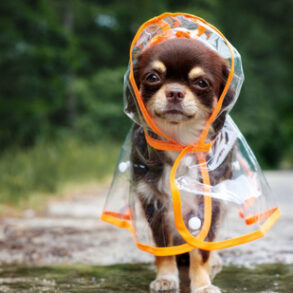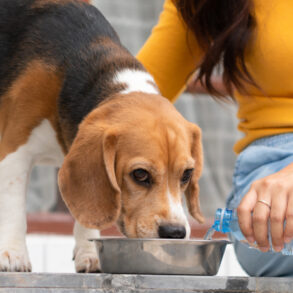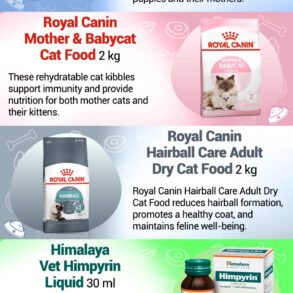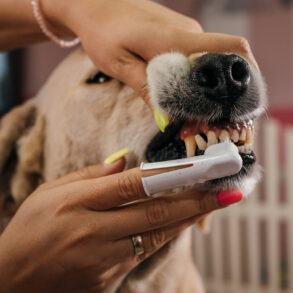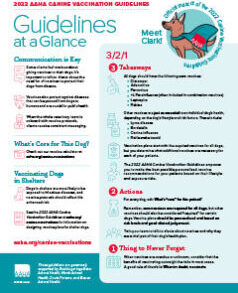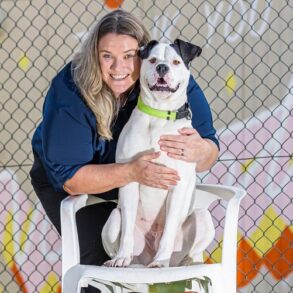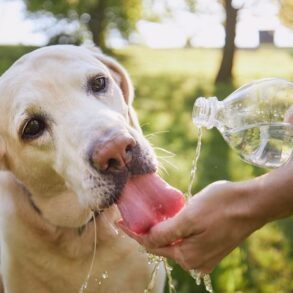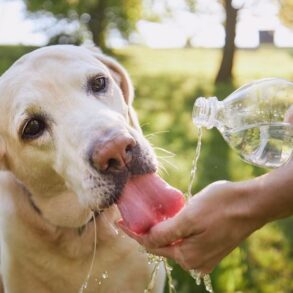Vet shares 4 common illnesses that pets suffer from in summer; shares 7 prevention tips
From heat stroke to skin disorders, know how the summer season can be challenging for your pets at home and tips to fix it.
Summer can be challenging for everyone, from humans to pets. The intense heat doesn’t just cause discomfort; it can pose serious health risks for our furry companions. In an interview with HT Lifestyle, Dr Umesh Kallahali, small animal consultant, Mars Petcare said, “With the change in season, it becomes essential to adapt their nutrition, grooming routines, and hydration practices. Proactive care can go a long way in preventing heat-related issues like dehydration and keeping our furry companions happy and healthy.” Also read | Heatwave ahead: Tips to take care of your animal companion during harsh summer
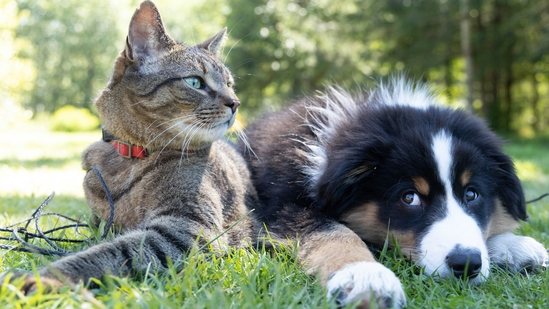
The doctor further listed down the common illnesses observed in pets during the summer season:
1. Heat stress in dogs:
Some groups, such as puppies, pregnant, senior, and young dogs—are more prone to heat stress due to lower tolerance. Excessive heat can cause oxidative damage, weaken immunity, and raise the risk of illness.
2. Skin and digestive health:
Exposure to UV rays, parasites, and heat-induced immune suppression can negatively impact skin health. Additionally, digestive issues are common in summer, with nutrition playing a key role in managing gut health and parasite activity.
3. Recognising heat stroke:
Heat stroke can affect the brain and multiple organs. Watch for signs like rapid breathing, weak pulse, and fluctuating rectal temperatures. Dogs may exhibit symptoms ranging from lethargy to coma, uncoordinated movements, vomiting, and diarrhea (which may be watery, bloody, or mucus-filled). Also read | Summer pet care: Watch out for these common summer illnesses your pet may suffer
4. Neurological symptoms:
If untreated, heat stress can escalate to respiratory and organ failure, making prompt action critical.

Prevention tips to keep your pets safe:
1. Nutritional support: Feed a complete and balanced diet like Pedigree, which contains natural antioxidants to help combat oxidative stress and build heat resilience.
2. Adjust feeding patterns: Dogs may eat less but expend more energy by panting. Feed during cooler hours or split meals to ensure they receive their full nutritional intake.
3. Track weight: Monitor your pet’s weight weekly using tools like the Waltham Body Condition Score Chart to maintain a healthy body condition.
4. Hydration is key: Always provide fresh water at home and carry it during travel to prevent dehydration.
5. Limit heat exposure: Never leave pets in closed vehicles, sunny rooms, or outdoors in direct heat. Also read | Summer-proof your pet! 5 pet care mistakes to avoid during heatwave conditions
6. Time outdoor activities smartly: Schedule walks during cooler times and provide shaded outdoor spaces.
7. Prevent seasonal risks: Protect pets from sunburn, fleas, ticks, and infections with vet-recommended products, regular vaccinations, and deworming.
Note to readers: This article is for informational purposes only and not a substitute for professional medical advice. Always seek the advice of your doctor with any questions about a medical condition.
This post was originally published on this site be sure to check out more of their content.








